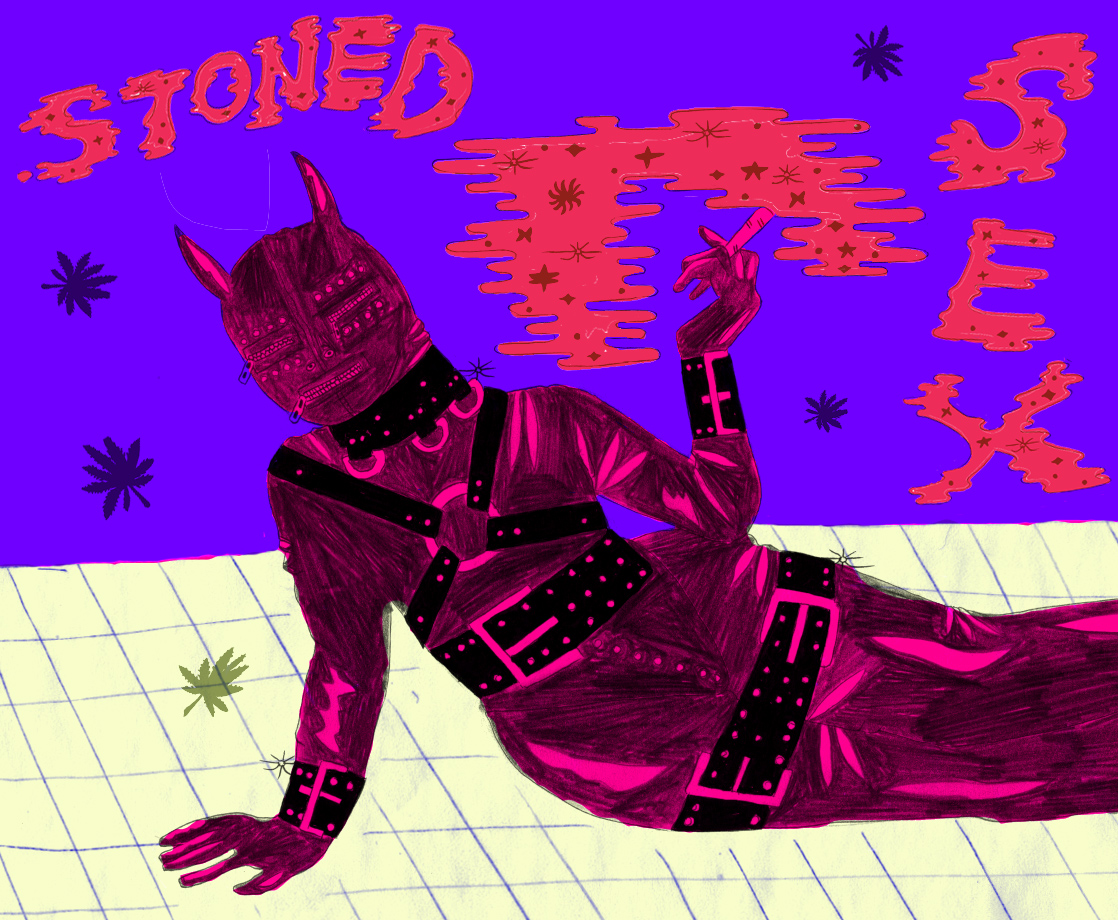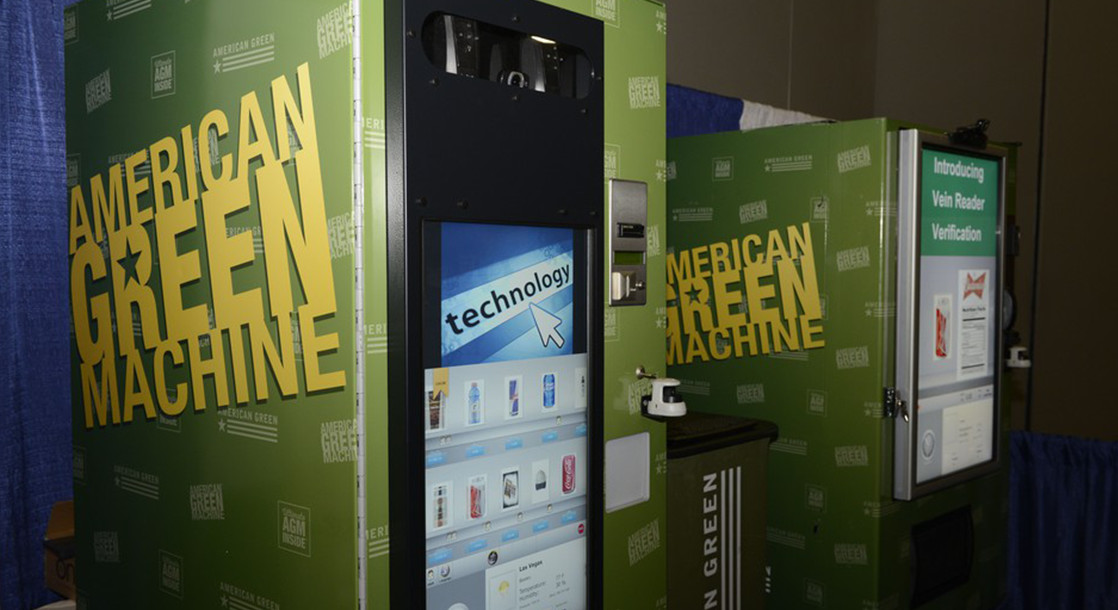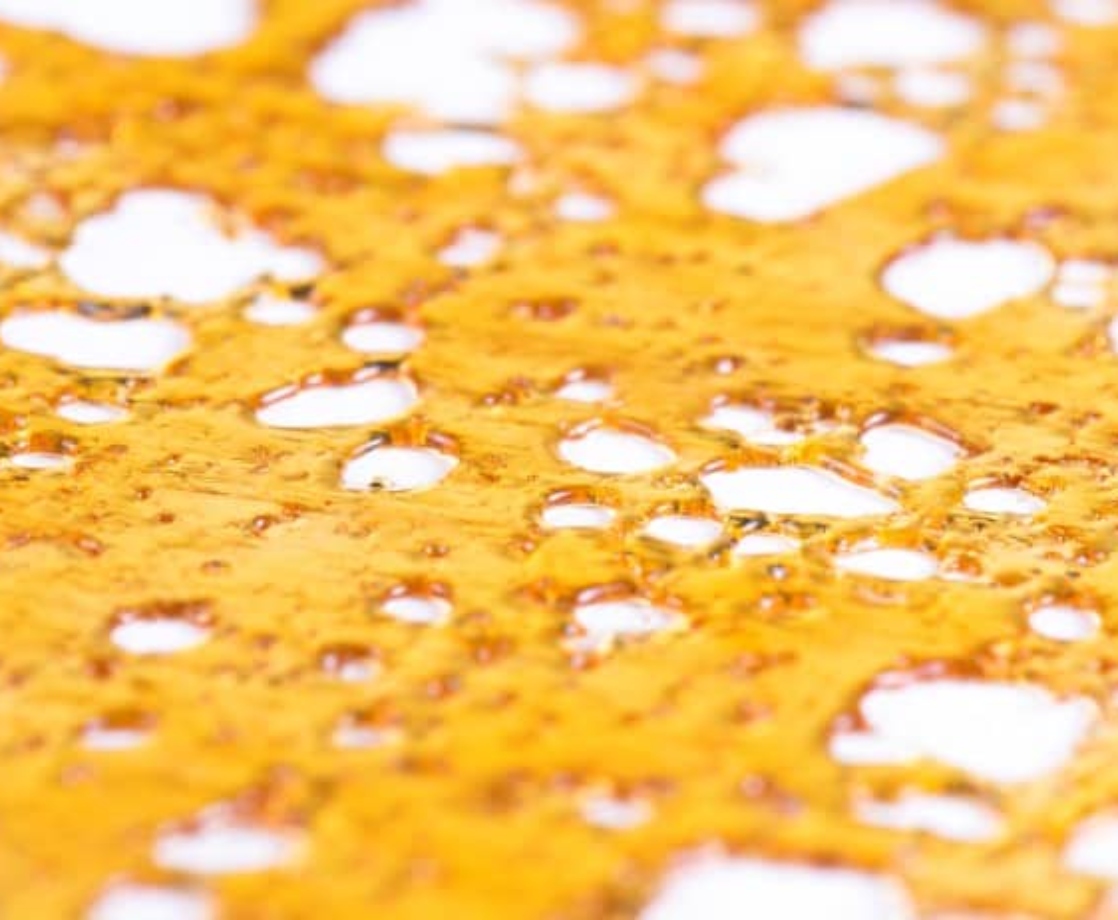This past summer, the House of Representatives approved two provisions to protect veterans who use medical marijuana, sparking a glimmer of hope that Congress was willing to stand up for the rights of America’s armed service members. Sadly, these hopes were dashed this week when the Democratic House leadership allowed Senate Republican leaders to kill these proposals.
The two provisions in question were amendments to the National Defense Authorization Act (NDAA), an annual law specifying funding for the US Department of Defense. The first of these amendments would have prevented the US Department of Veterans Affairs (VA) from denying home loans to veterans who now work for state-legal cannabis businesses.
The second amendment would have allowed service members who had committed one single low-level cannabis offense to reenlist in the armed forces. In June, Rep. Ruben Gallego (D-AZ), the amendment’s sponsor, argued that the US needs to “fundamentally rethink the military’s enlistment policies regarding marijuana” to better deal with “our nation’s recruitment crisis,” Marijuana Moment reported.
The Senate version of the NDAA did not contain these amendments, however, and the two branches of Congress held a conference to reconcile their differences. In the end, House Democrats chose to remove these two amendments from the final version of the bill. House leaders were willing to fight for other amendments, however. The Senate backed down on 600 provisions at the request of the House, and the House backed down on 630 at the request of the Senate.
House Democrats did not explicitly state their reasoning for letting veterans down, but their actions make it clear that cannabis reform is not a priority for the current leadership. At the same meeting, the Congressional conference chose to provide $1 billion to keep the War on Drugs in full swing. Lawmakers also approved the Fentanyl Sanctions Act, which creates economic and financial sanctions to combat foreign opioid trafficking.
A small but vocal minority of Congresspeople have been fighting for veterans’ rights to use medical marijuana for years now, with little success. Lawmakers have proposed numerous bills that would prevent veterans who use medical marijuana from losing their benefits, or allow VA doctors to recommend medical cannabis. So far, all of these bills have failed.
President Trump recently directed the VA to order a supply of Spravato, an FDA-approved form of ketamine designed to treat people with treatment-resistant depression. VA officials have reportedly remained hesitant to begin dispensing this new drug, however, citing a lack of clinical evidence proving its safety and effectiveness.











